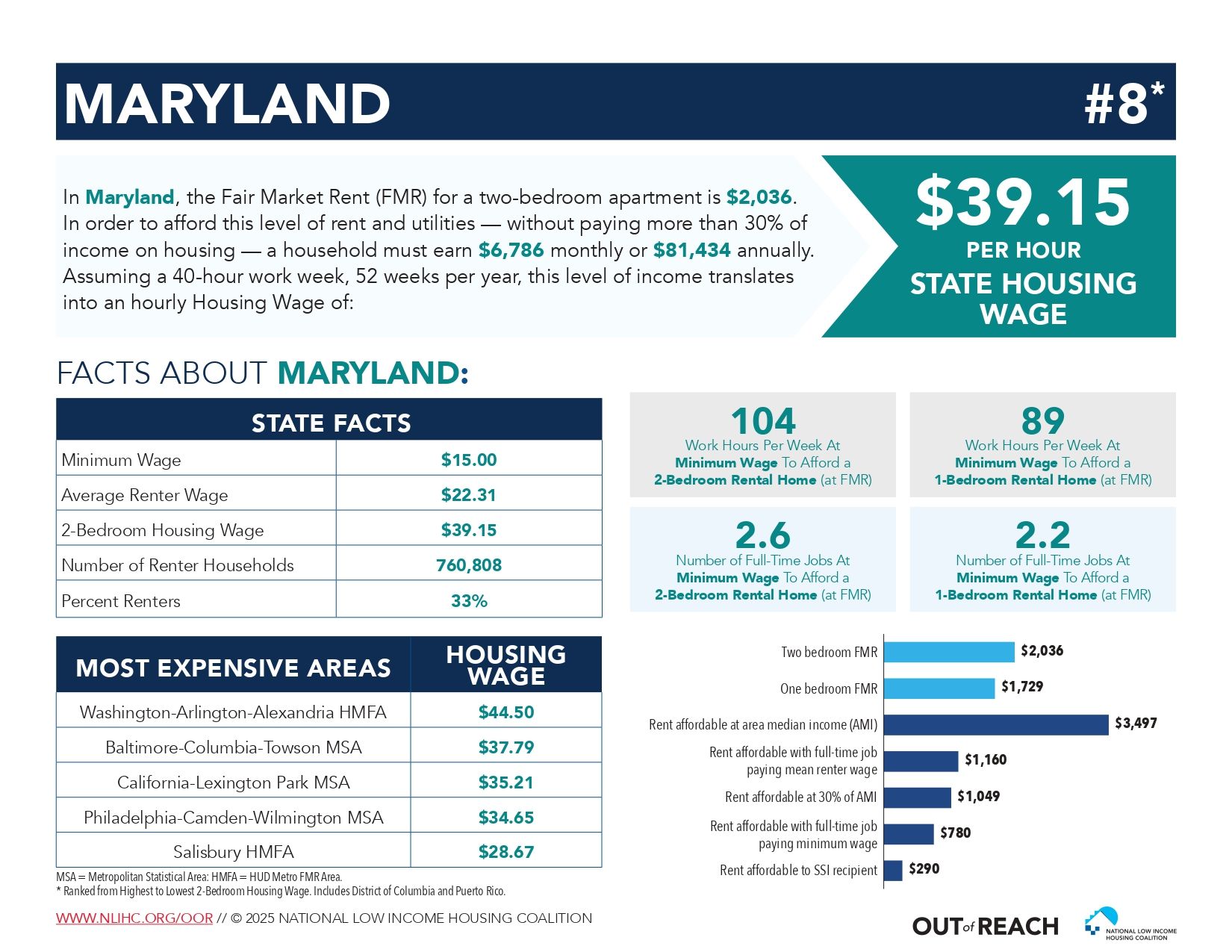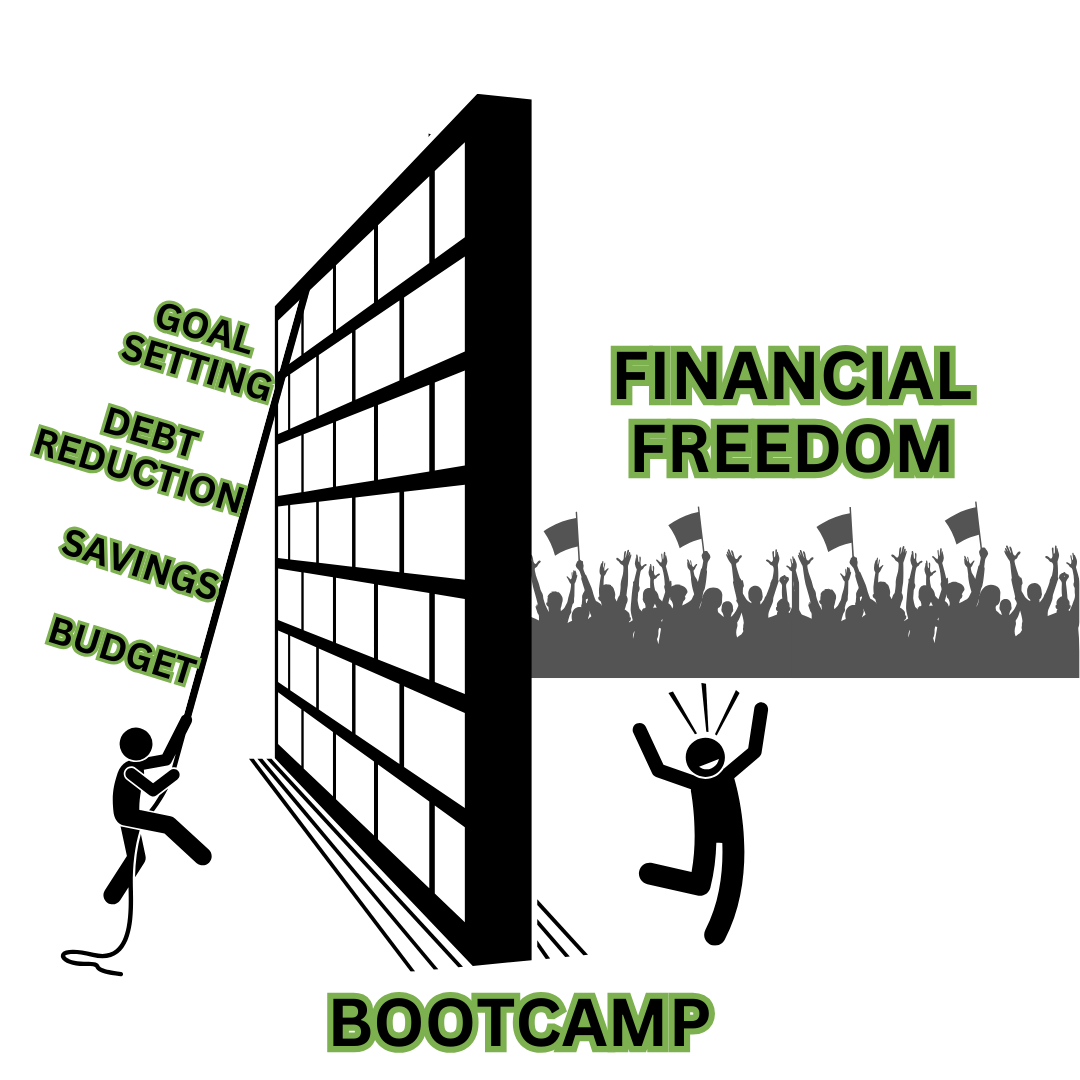HELPING FAMILIES BECOME FINANCIALLY STABLE AND INDEPENDENT – United Way partners with IHA
HELPING FAMILIES BECOME FINANCIALLY STABLE AND INDEPENDENT
Edited version was published in the Frederick News-Post on April 4, 2012
Pictured left to right: Leslie Kinkead, Brian Duchon, Josh Pedersen, Patricia Motter and Travis Hardmon
FREDERICK — Interfaith Housing Alliance (IHA) and the United Way of Frederick County (UWFC) have partnered to provide financial education classes and housing counseling services to low income Frederick County residents as part of IHA’s Housing First program.
IHA’s Housing First program has three components:
1) Rental Housing for Low Income Seniors, Families and Individuals – IHA provides safe and affordable rental housing in Frederick County to seniors, families and individuals who earn 50% or less than the Frederick County Area Median Income.
2) Financial Education – Group and one-on-one training in budgeting and personal financial management strategies.
3) Housing Counseling – Training and counseling on navigating the home buying process, credit and debt management, asset building, and foreclosure prevention strategies.
Josh Pedersen, UWFC’s Chief Executive Officer, said “This partnership with Interfaith Housing Alliance represents a mutual commitment to addressing the financial stability of those in need right here in Frederick. IHA’s unique ability to provide affordable housing paired with its focus on financial education, debt management and foreclosure prevention is truly changing community conditions for the long term. United Way is investing in these programs because we know these services help families become more self-sufficient and this leads to a stronger workforce and vibrant economy.”
IHA’s Housing First program aligns with the United Way goal for the common good to create positive and lasting change. In addition to helping families become financially stable and independent, the program supports basic needs while increasing the financial literacy of working families that are having difficulty making ends meet.
IHA will partner with three other local nonprofit organizations to work together with United Way’s board member and Income Committee Chairperson, Leslie Ivy Kinkead. “As a UWFC Board Member and realtor in the Frederick community, I am so pleased with the work being done by Interfaith Housing Alliance. IHA actively identified the affordable housing needs and has championed the cause. The Income Committee was inspired to grant funding over the next three years because of IHA’s strong proposal, demonstrable outcomes, past success and future plans,” said Ms. Kinkead.
“We are honored that we have so much community support for our programs and services,” said Patricia Motter, IHA’s President. “In addition to the three year United Way grant, we also received grants from the Ausherman Family and the Delaplaine Foundation for services provided to residents of Frederick County. The need for more affordable rental housing is real, and we welcome partnerships with the business community, the faith community, and individuals to help provide for the community’s needs.”
The Community Foundation of Frederick County Human Needs Assessment, published in August 2011, announced that affordable housing is the top unmet need in Frederick County. Not only was it named the top unmet need, it was mentioned more than three times as often as the number two unmet need – jobs.
The study determined that “36% of Frederick County homeowners spend more than 30% of their gross income on housing and the number of Frederick County renters who spend more than 50% of their income on housing went up 6% between 2000 and 2008.” According to the U.S. Department of Housing and Urban Development, “families who pay more than 30% of their income for housing are considered cost burdened and likely to have difficulty affording necessities such as food, clothing, transportation, and health care.”
The CFFC Needs Assessment also notes that, “Frederick County faces a shrinking supply of affordable rental housing, which has declined by 15% over the past 10 years. In fact, there have only been 125 new rental units added in Frederick City over the past decade.” The challenges have been exacerbated by the increase in demand for rental housing due to the increase in foreclosures caused by falling home values, reduced incomes and more stringent mortgage loan requirements.
IHA’s Housing First program is designed to help Frederick County residents reduce their housing costs and improve their financial stability through financial education and information about community resources that provide zero or low-cost services needed by our residents.
IHA strengthens communities by providing affordable housing opportunities and supportive services to improve the quality of life and economic stability for seniors, working families and individuals. For more information about Interfaith Housing Alliance and its programs, please visit www.interfaithhousing.org or call Travis Hardmon, IHA’s Vice President of Development & Community Relations, at 301-662-4225 x1213.
The United Way of Frederick County unites local resources to provide the most effective response to community issues in Frederick County and has the vision to build a community where everyone has the aspirations, resources and opportunities to reach their potential. For more information about UWFC’s Community Impact initiative, please contact their Community Impact Director, Brian Duchon, at 301-663-4231 or visit www.unitedwayfrederick.org.



